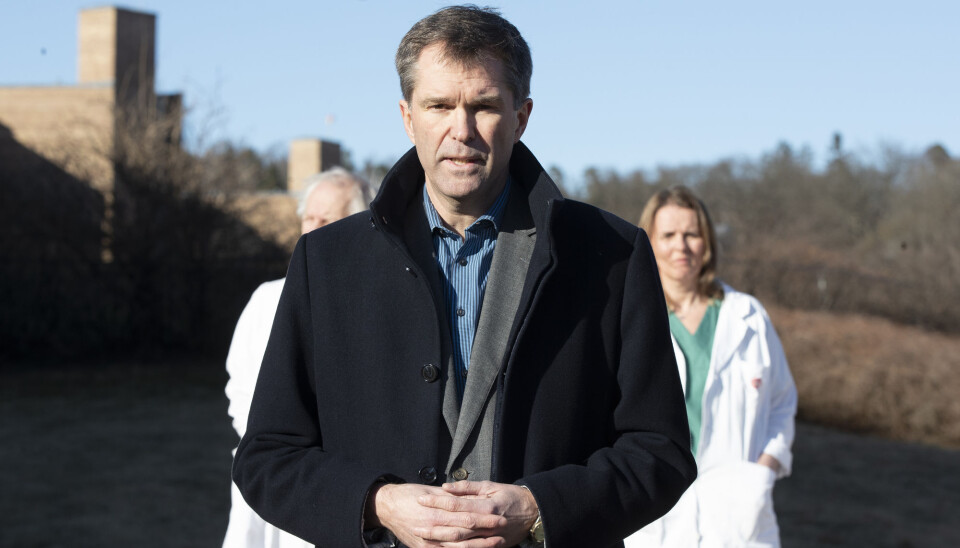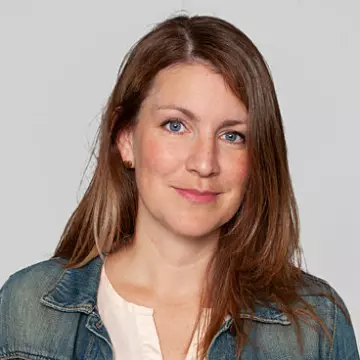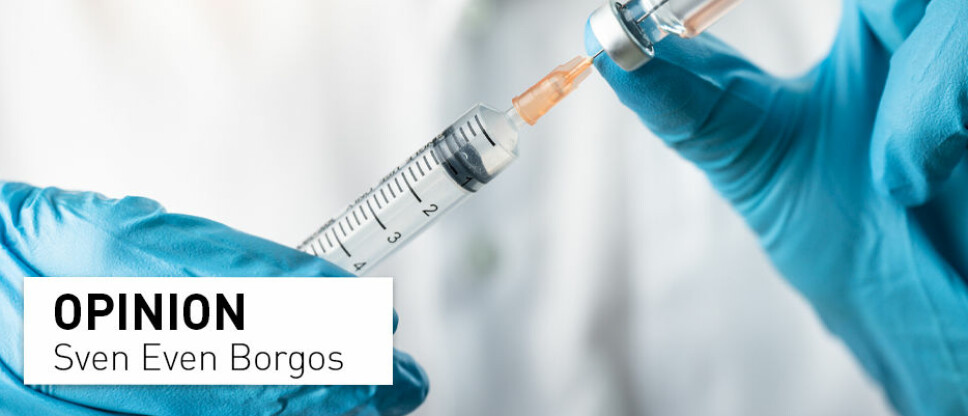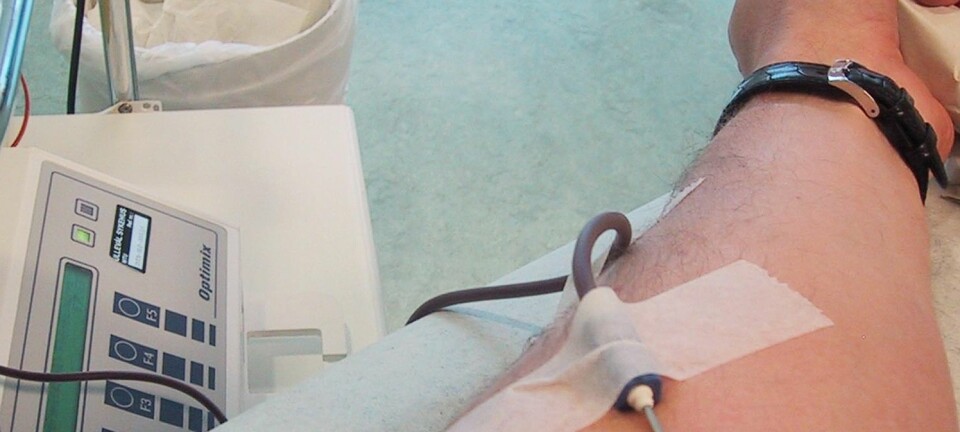
Global Corona-study led from Norway: Life-saving drugs may be in place this summer
The first results from the large WHO-trial on the effects of existing drugs on Covid-19 could be only 3-4 months away, says John-Arne Røttingen, coordinator of the study.
There’s been plenty of news about various medications that may or may not help against Covid-19, the disease caused by the virus SARS-CoV-2.
But the smaller the studies, the weaker the results. To actually find out whether or not some of these existing treatments work against Covid-19, the WHO recently launched a global megatrial called SOLIDARITY. According to a WHO press briefing on April 1st, 74 countries have so far joined the study, and more than 200 patients have been enrolled. The first patients were enrolled in Norway and Spain last weekend.
The man in charge of coordinating it all is John-Arne Røttingen, known in Norway for his role in enabling the Ebola vaccine to be tested and finalized, and as Chief Executive of the Research Council of Norway.
“The fastest way to the goal when faced with an entirely new disease, is to try already established medications that have the biggest potential effect. Then these have to be properly tested through randomized controlled trials”, Røttingen said on Wednesday to the Norwegian national broadcaster NRK.
He said that in the best case, the first signs that the medications currently being tested have a strong and positive effect – or not - may be emerging in three to four months. An independent committee will be reviewing the data consecutively to see if there is an effect.
If the results are positive, this would mean doctors can start using the drugs. If there is no effect, the drug may be dropped, and possibly replaced with other drug candidates showing promise.
What is a standard treatment for Covid-19?
Norwegian hospitals will test two of the drugs, Remdesivir, originally developed for Ebola, and the malaria medication Hydroxyklorokin/Plaquenil, developed more than 60 years ago.
The WHO-study will also test the hiv drug combo lopinavir and ritonavir alone, and in combination with a drug used against hepatitis called interferon-beta.
Røttingen explained to NRK that one group of patients will get what is deemed to be the best available standard treatment for Covid-19. Another group will receive one of the drug candidates. Who gets what is up to chance through randomization.
A dilemma in the work to set up the study however is what counts as ‘the best available standard treatment’.
“In our dialogue with some countries, between us in the core group, WHO and the country in question, we are having discussions on whether standard available treatment should include the malaria drug that we are testing. Some countries already believe that it works and thus believe that this is what is ethically correct to do”, Røttingen says to NRK.
“This is an ethical dilemma, and we need to determine what it is ethical to offer patients based on existing knowledge”.
ScienceNorway.no has asked Røttingen if a country can join the study while including the malaria drugs in its standard treatment.
“If they use any of the drugs we are testing as their standard treatment they cannot be part of the study”, Røttingen replies.
The SOLIDARITY trial is not double-blind – which is when neither doctor nor patient know if they are receiving placebo or the drug being tested. This means there could be placebo effect from patients knowing they are receiving a candidate drug. WHO has stated that “it had to balance scientific rigor against speed”.
Slowing the spread of the virus
These existing drugs do not represent a miracle medicine that will kill off the coronavirus, says Røttingen to NRK.
The goal, however, is to slow the spread of the virus in the cells.
“With these specific antiviral drugs that we are testing now, we are trying to reduce the speed with which the virus multiplies, and its possibilities of spreading to other cells in the body. So the body wins. A lower speed will give the immune system more time to handle the virus”, he says.
With a disease that is affecting so many people, also an ‘in-between’ solution like this may have a large impact – both for the individual patient but also on a group level for all those who fall seriously ill from Covid-19.
Science’s chance
An important goal of the SOLIDARITY trial is to avoid that experimental treatments are tested unsystematically, and thus without really being able to reach conclusions of whether or not they work.
The media have however already written a lot about several of these treatments. By enrolling in the study, patients may be randomized to receive standard treatment rather than a drug that has been reported to show promise.
“This is a dilemma”, Røttingen confirms in an email to ScienceNorway.
“It’s important that there is a discussion about this with patients before they give their informed consent to participate”.
To NRK, Røttingen criticized Donald Trumps statements on malaria medication and Covid-19. Trump held a press briefing and tweeted about hydroxychloroquine, touting this as a cure for Covid-19 and claiming it could be “one of the biggest game changers in the history of medicine”.
“High-level politicians, from among others the USA, have said things like "this drug will work for sure, we believe in this". It’s damaging when politicians say things like this”, Røttingen said to NRK.
“This is misleading your people, and it is also potentially starting something that may lead to side effects without any control mechanisms in place.”
“This trial is science’s chance to actually say with some certainty what we know and what we do not know about what works”, Røttingen said.
Many levels of approval
Researchers from all over the world will gather information about how these treatments affect the survival of patients, and how long they need intensive treatment and hospitalization.
Time obviously is of the essence in reaching results that can play a part in the ongoing pandemic. But the drugs have to go through a number of stages before they might be approved, Røttingen explains to NRK. Number one is to get the green light from the independent committee that is monitoring the results.
“The next level is to publish results to peer reviewers, experts and statisticians who independently can consider and critique our work”, says Røttingen to NRK.
The final level is an expert committee in WHO which will review the data to see if they are reliable enough to make international recommendations – a process which is then repeated in each individual country.
Another important issue is ensuring that the intellectual rights, the patents, to any drugs or vaccines developed – which per now are mainly financed by government budgets – ensure that also poor countries can access the results. And finally, production capacity will be of importance.
———

































